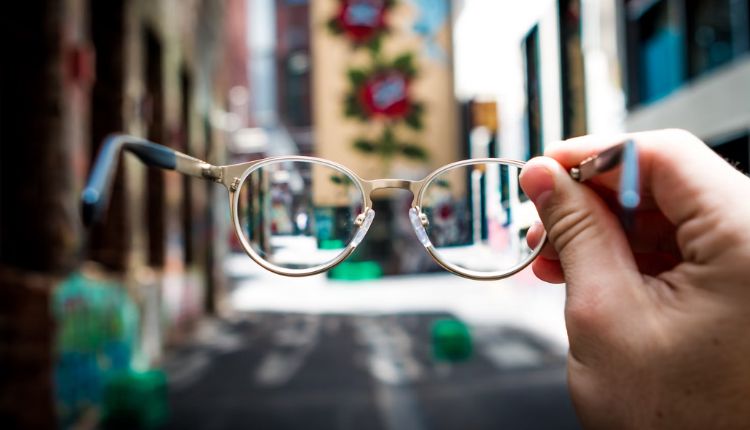While everyone benefits from having healthy vision, children may suffer more if undiagnosed vision issues persist. This is due to the possibility of youngsters developing myopia, or short-sightedness, between the ages of 6 and 12. Due to this, many youngsters may struggle to see the board or teacher at the front of the class.
Many kids won’t realize they have vision problems at this age. Therefore, they may continue to struggle silently. This might significantly impact their academic performance.
What impact might impaired vision have on academic achievement?
Myopia can start developing in children as early as age six, and if it does, it can lead to various issues at school. Youngsters may find it difficult to view the board at the front of the class, which means they may miss important information essential to their academic development.
Many teachers mistakenly believe that a youngster is having difficulty reading or counting when, in reality, they are simply experiencing vision problems. But sometimes, untreated vision issues like astigmatism or myopia can impede literacy ability growth. For instance, learning to read becomes considerably more challenging if you cannot distinguish between letters or see what the teacher is pointing at.
Vision-impaired children may have personality and social challenges that hinder their school adjustment.
Which symptoms do you need to be aware of?
Astigmatism and myopia usually appear in children aged six to twelve. It’s usually up to parents or teachers to notice if something is wrong with them because they might not always notice it in themselves if their vision changes.
There are a few indicators that your child may have visual issues. A youngster may have developed a refractive error if you see them sitting too near the TV, holding a book or other device very close, squinting, scratching their eyes constantly, or complaining of headaches.
How can glasses help with this issue?
One of the easiest and most successful ways to cure refractive problems is to wear glasses; specialty frames are available to fit even young children. Your neighbourhood optometrist can provide eye exams for your youngster and promptly identify any visual issues. In the first year of school, various medical bodies advise youngsters to receive an eye check to rule out vision issues before they become serious.
Roughly ten to fifteen percent of youngsters do not pass their vision exam, but many do not visit an optician for correction. As kids become older, this may have disastrous consequences for their vision. Refractive errors and other uncorrected vision issues are among the leading causes of blindness.
Giving kids the correct glasses for their needs can help them enjoy and grow in school again since they can see more clearly; before, they might have hated going to school due to vision problems. Incorporating the technology of reliable companies such as Microprism Vision into their glasses can enhance concentration in children.
Occasionally, reading and math skills might be enhanced by wearing glasses to school. Teachers must be informed of any vision issues that may arise in the classroom to encourage kids to wear their glasses.
Final Thoughts:
Glasses can help children’s concentration by improving their vision and reducing eye strain. Regular eye exams and appropriate prescription glasses can enhance their ability to focus, leading to better concentration and academic performance. Parents and caregivers need to proactively monitor their children’s vision health and promptly address any potential issues.

